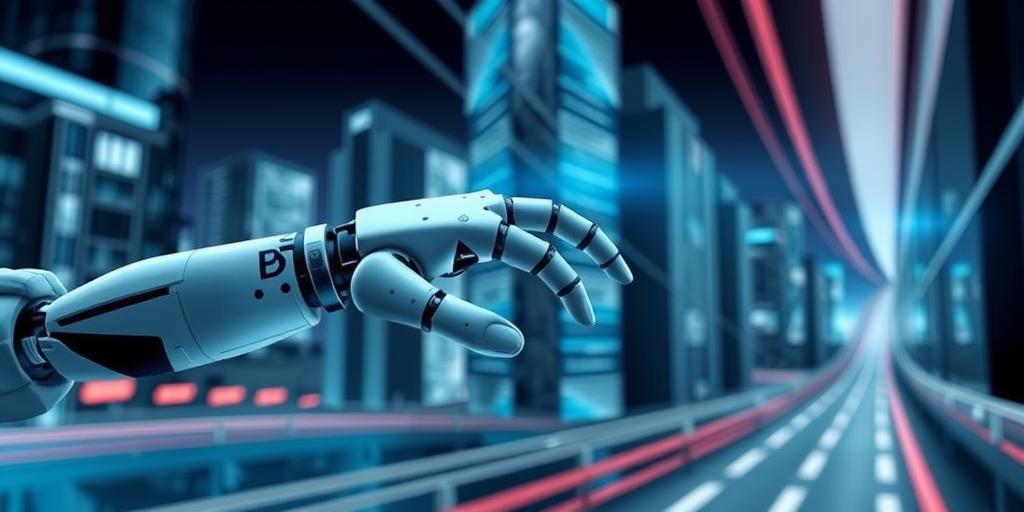Autonomous Systems and Moral Responsibility
As autonomous systems become increasingly integrated into our lives, the question of moral responsibility takes center stage. Who is accountable when an autonomous vehicle causes an accident? Is it the programmer, the manufacturer, or the owner? This post delves into the complexities of assigning moral responsibility in the age of AI.
The Challenge of Accountability
Autonomous systems operate based on algorithms and data, making decisions without direct human intervention. When these decisions lead to harm, traditional notions of responsibility become blurred. Unlike human actions, where intent and awareness play a crucial role, autonomous systems act according to their programming.
Different Perspectives on Responsibility
The Programmer: Should programmers be held responsible for the actions of their AI? If a flaw in the code leads to an undesirable outcome, it seems logical to assign some level of responsibility to the creator. However, the complexity of modern AI systems means that programmers cannot foresee every possible scenario.
The Manufacturer: Manufacturers could be held liable for defects in the design or production of autonomous systems. If a self-driving car has a faulty sensor that causes an accident, the manufacturer might be deemed responsible. This perspective aligns with product liability laws.
The Owner/Operator: The owner or operator of an autonomous system could also be considered responsible. For example, if a company uses AI-powered robots in a warehouse and one of them injures a worker, the company could be held accountable for failing to ensure a safe working environment.
The Role of Regulation
Clear legal and ethical frameworks are needed to address these challenges. Governments and regulatory bodies must establish guidelines for the development, deployment, and oversight of autonomous systems. These regulations should address issues such as data privacy, algorithmic bias, and accountability.
The Future of Moral Responsibility
As AI continues to evolve, so must our understanding of moral responsibility. We need to develop new frameworks that can accommodate the unique characteristics of autonomous systems. This may involve shared responsibility models, where multiple parties share accountability, or the creation of AI ethics boards to provide guidance and oversight.
In conclusion, the integration of autonomous systems into society raises profound questions about moral responsibility. By considering different perspectives and establishing clear regulations, we can navigate this complex landscape and ensure that AI benefits humanity while minimizing potential harm.









